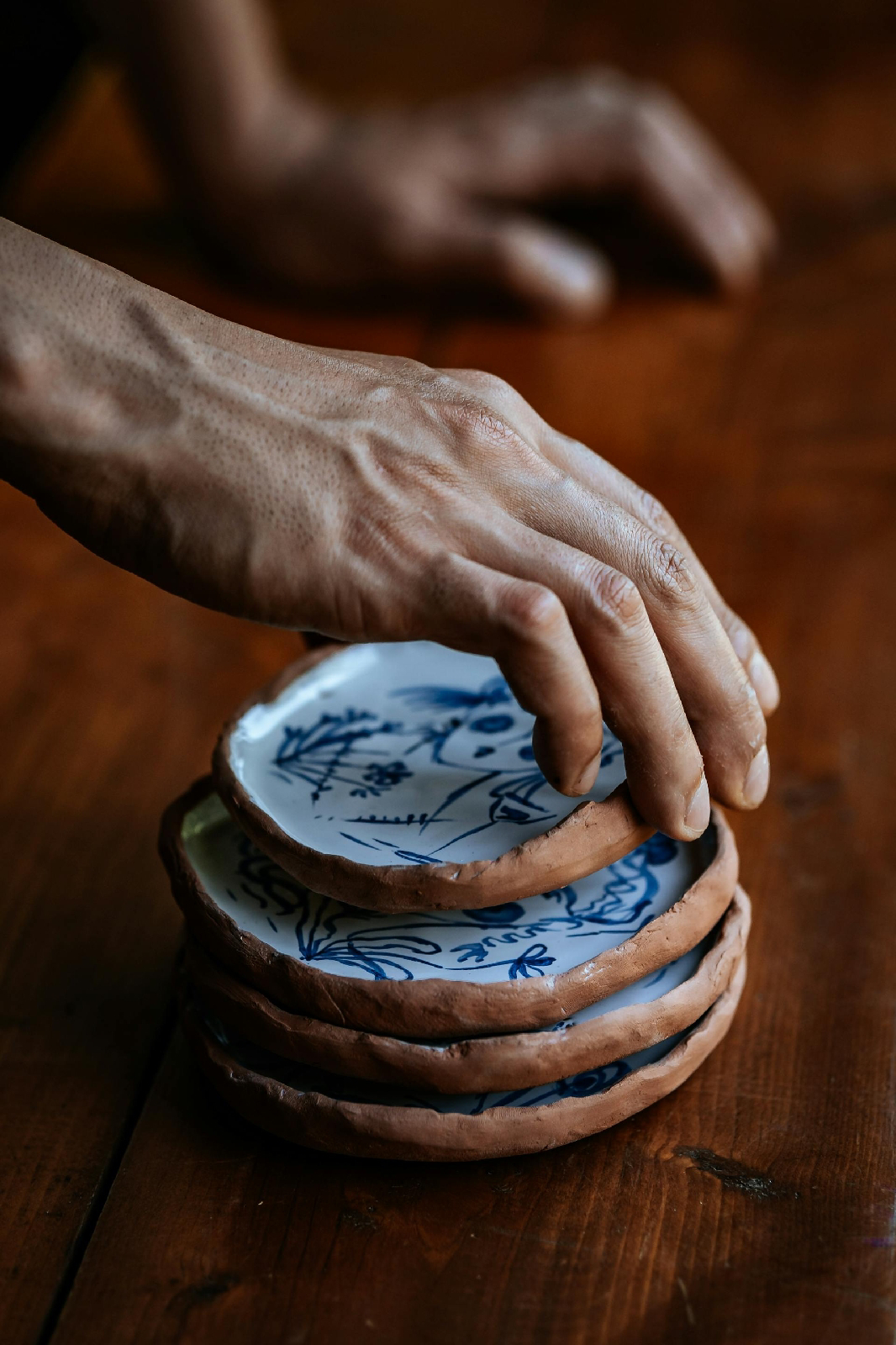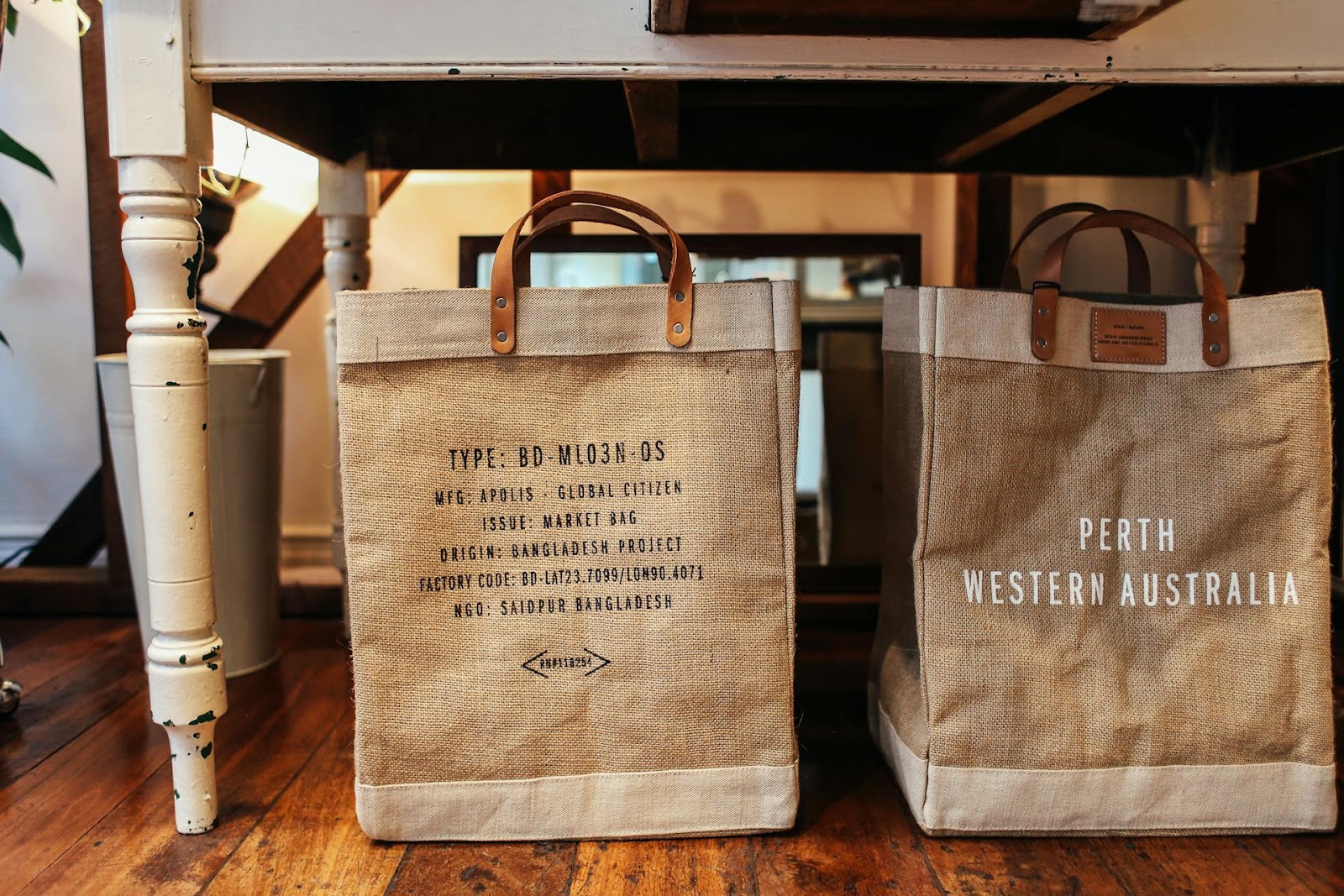 The Minimalist Lifestyle: Benefits and How to Get Started In today’s fast-paced world, many people are discovering the joys of minimalism—a lifestyle focused on intentional living and decluttering both your physical and mental space. This lifestyle isn’t just about having fewer things; it’s about making room for what truly matters.
The Minimalist Lifestyle: Benefits and How to Get Started In today’s fast-paced world, many people are discovering the joys of minimalism—a lifestyle focused on intentional living and decluttering both your physical and mental space. This lifestyle isn’t just about having fewer things; it’s about making room for what truly matters.
In this blog, we’ll dive into the benefits of adopting a minimalist lifestyle and provide actionable steps to help you get started.
What is Minimalism?
Minimalism is a way of life that encourages living with less, focusing on quality over quantity, and eliminating excess to create more space for happiness, creativity, and growth. It’s about being intentional with your choices, from possessions to how you spend your time.
Benefits of a Minimalist Lifestyle
1. Less Stress and More Peace
A cluttered home often leads to a cluttered mind. Decluttering your space can reduce stress, improve focus, and create a calming environment.
2. Financial Freedom
By purchasing only what you need, you save money. This can lead to financial stability, allowing you to invest in experiences or your future rather than accumulating material goods.
3. Improved Productivity
A minimalist workspace means fewer distractions, helping you concentrate better and get things done more efficiently.
4. Environmental Impact
Consuming less means fewer resources are used. Minimalism is a step toward a sustainable lifestyle, reducing waste and supporting eco-friendly practices.
5. Greater Focus on Relationships
When you shift focus away from material possessions, you have more time and energy to invest in meaningful relationships with friends and family.
How to Get Started with Minimalism
1. Define Your Why
Understand why you want to embrace minimalism. Is it to save money, reduce stress, or focus on personal growth? Having a clear purpose will keep you motivated.
2. Start Small
Begin with one area of your life, like your wardrobe or kitchen. Declutter gradually, starting with items you no longer use or need.
3. Use the "One-In, One-Out" Rule
For every new item you bring into your home, remove one existing item. This keeps clutter at bay.
4. Adopt a Capsule Wardrobe
A capsule wardrobe consists of a limited number of versatile clothing items that can be mixed and matched. This simplifies daily decision-making and reduces excess.
5. Digitize Where Possible
Reduce physical clutter by digitizing photos, documents, and other essential items. Use cloud storage for safe and easy access.
6. Practice Mindful Buying
Before purchasing anything, ask yourself:
- Do I really need this?
- Will it add value to my life?
This habit prevents impulsive buying.
7. Declutter Regularly
Minimalism isn’t a one-time event. Make it a habit to assess your belongings and remove what no longer serves you.
8. Focus on Quality Over Quantity
Invest in high-quality items that last longer instead of cheap, disposable products. This reduces waste and saves money in the long run.
Tips to Maintain a Minimalist Lifestyle
- Practice Gratitude: Appreciate what you have to avoid the temptation of constantly seeking more.
- Embrace Experiences: Focus on creating memories through experiences rather than accumulating possessions.
- Limit Screen Time: Reduce digital clutter by unfollowing unnecessary accounts and organizing your inbox.
- Seek Support: Join minimalist communities online or locally for inspiration and accountability.
Conclusion
The minimalist lifestyle is more than just a trend—it’s a path to greater happiness, freedom, and fulfillment. By simplifying your life, you create space for the things that truly matter, whether that’s relationships, passions, or personal growth.
Start your minimalist journey today and reap the rewards of a simpler, more intentional life!
FAQs About Minimalism
1. Do I have to get rid of everything to be a minimalist?
No, minimalism is about keeping what adds value to your life, not about owning nothing.
2. Can minimalism work for families?
Yes! Minimalism can help families focus on quality time and reduce stress from cluttered spaces.
3. Is minimalism expensive to adopt?
Not at all. Minimalism encourages buying less, which saves money in the long run.
Ready to transform your life with minimalism? Share your thoughts or experiences in the comments below!






Post a Comment